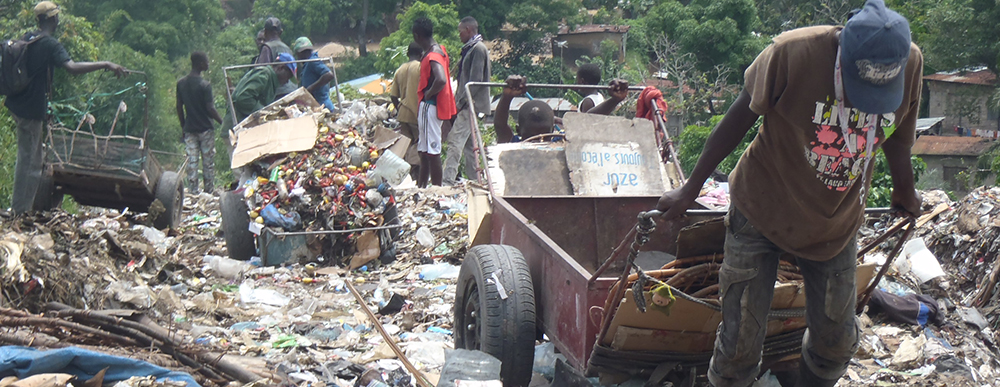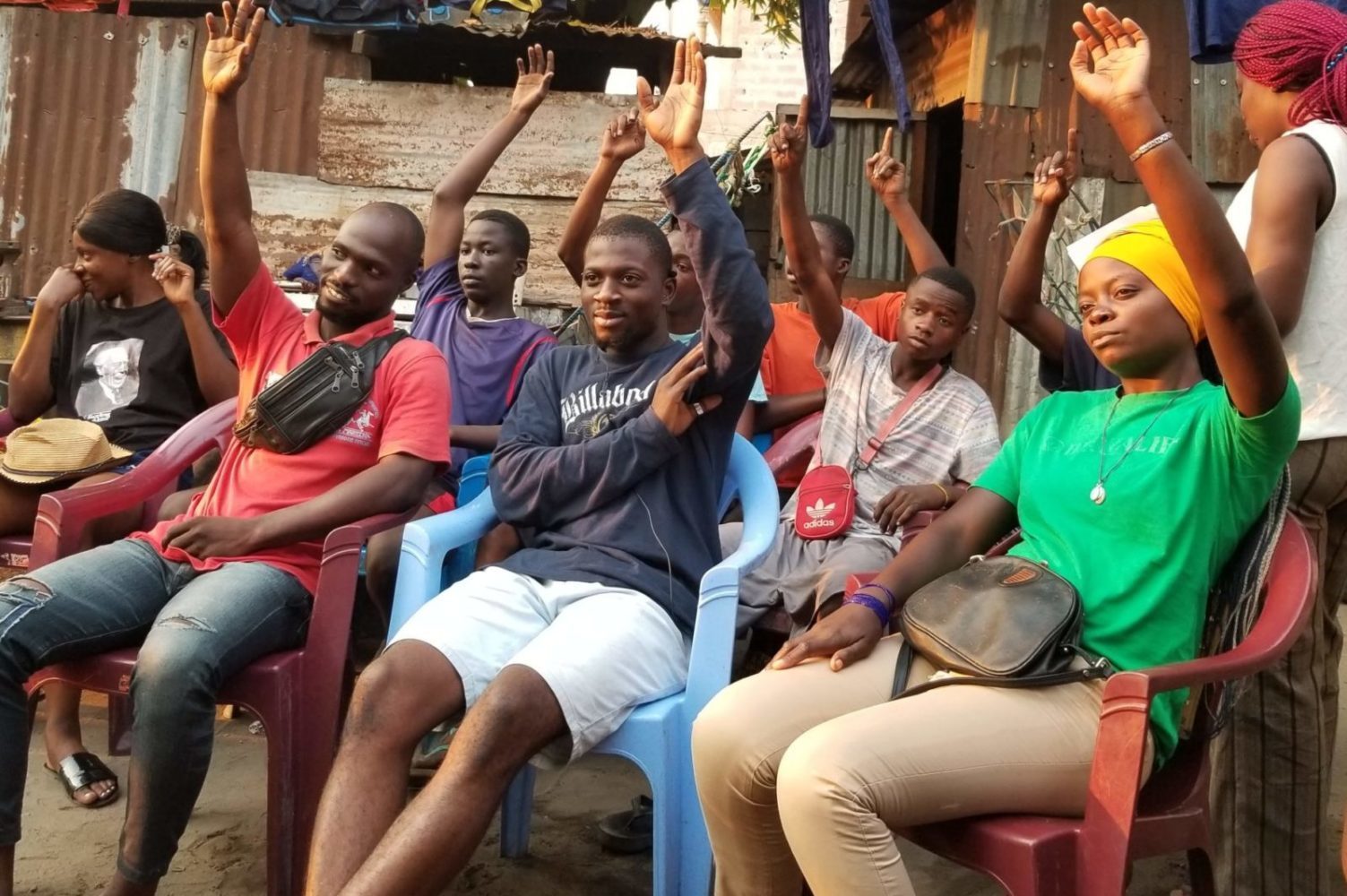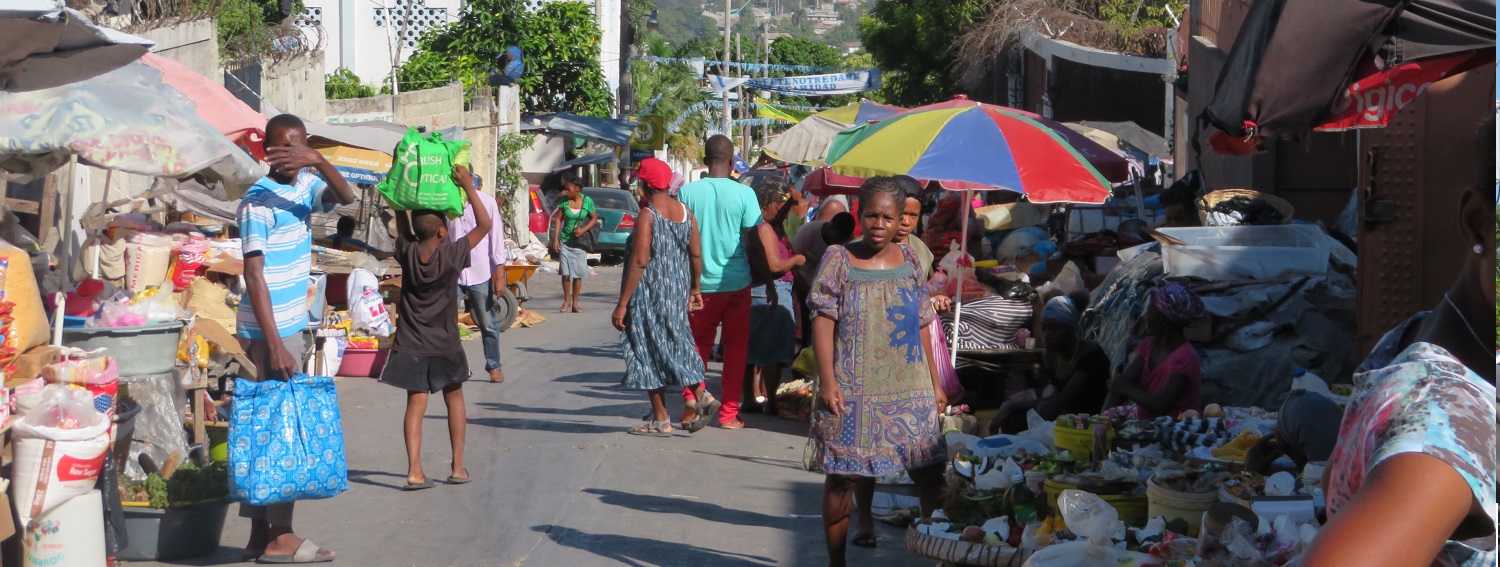In Brazzaville, Congo, over 350 operators provide a waste pre-collection service including waste collection from users’ residences, with low-volume, short-distance transport systems. 79 % of these are individual operators who are considered informal. While this waste pre-collection service falls under the responsibility of municipalities, relations between operators and the municipality of Brazzaville, district municipalities and neighbourhood committees have up to now been minimal, if not inexistent.
Since 2014, thanks to a “Development Debt-reduction Contract” awarded by Agence française de développement (AFD) to the Congolese State, GRET has been supporting the authorities to structure the waste pre-collection sector. Assistance to municipalities is focused on two areas of intervention:
- Management and regulation of the waste pre-collection sector in Brazzaville, for rules to be applied to a quality service. The municipalities issue authorisations to operate the service in five districts in the city. 71 Pre-Collection Operators (PCOs) now possess an authorisation, i.e. between 29 and 36 % of PCOs identified in Brazzaville. The majority of these say they are satisfied because they no longer have difficulties with the police and local residents, have access to sites where waste can be deposited and their activity is now recognised.
- Improvement of the service’s coverage in areas where access remains limited or inexistent. It is necessary to grow the volume of PCOs’ activity via an increase in the number of clients and improvement of their performance levels. A strategy to promote the service in order to facilitate subscription of potential users has also just been launched. An equipment fund will make it possible for PCOs to procure an extra or more effective transport system. The first call, concerning the districts of Makélékélé and Bacongo, was launched on 11 May last.
In parallel, actions to strengthen skills are being conducted with local authorities and PCOs, via training and customised support aimed at increasing their income by exploring new areas of intervention, seeking new subscribers and accumulating savings. Activities to facilitate dialogue between the multiple stakeholders are also developed. As the PCOs are exposed to a number of sanitary risks, they are also trained in best hygiene practices. Lastly, their working conditions should soon be improved thanks to the provision of subsidised personal protective equipment and vaccines.






